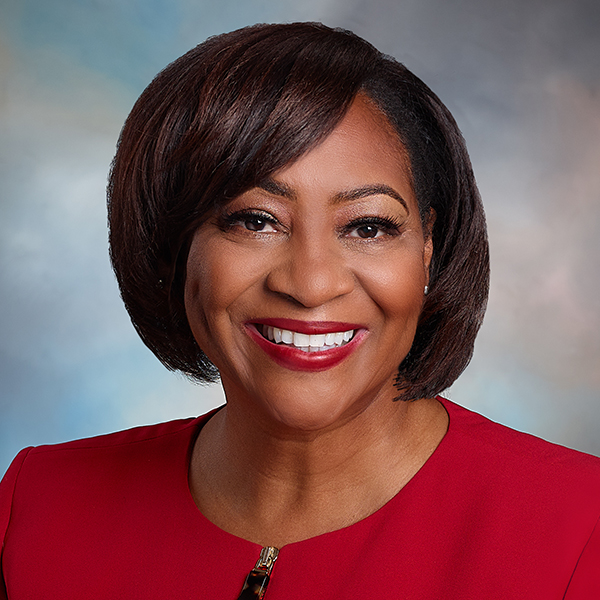In 2019, the W.K. Kellogg Foundation launched Expanding Equity to help companies transform into more equitable places of opportunity. Since then, we have dedicated thousands of hours to working hand-in-hand with more than 100 companies to develop and implement diversity, equity and inclusion (DEI) strategies. These strategies are designed to be grounded in each company’s data, tailored to its specific context, and built to withstand the uncertainties of an ever-evolving business environment and talent market. These efforts offer a unique perspective on how organizations can best unlock the benefits of DEI for their business, workers and communities – all included in our retrospective report available below.
Program Reach
100+ companies across 10+ industries with 600+ leaders participating
3.5M U.S.-based employees are indirectly impacted by their company’s new DEI strategy
1.2M children under 18 indirectly impacted in working families across the U.S. based on average household size
Program Insights
01
Make DEI Everyone’s Job
Best-in-class DEI is embedded throughout the organization
Leading companies embed DEI throughout their organization and view it as a critical part of their broader business strategy. They do not think of DEI as a stand-alone role, group or function, but believe that leaders across the organization share accountability for progress.

02
Anchor on Inclusion and Belonging
A culture of inclusion and belonging is foundational for an effective DEI strategy
While the most effective DEI strategies are holistic across four pillars: Attract, Belong, Promote and Influence, leading organizations report more progress when they emphasize inclusion and belonging, in particular.

03
Identify Your DEI Archetype
There’s no one-size-fits all approach to strategy implementation
Organizations often follow one of four archetypes when designing and advancing their DEI strategy, after reflecting on how other successful strategic efforts have built support and gained traction. The four archetypes are: date-driven, senior leadership-driven, best practice-driven, and worker-driven.

Download the full report
Sign up for our email list to read the full Expanding Equity report and insights, with stories and examples from the 100+ network companies.
About Expanding Equity
The W.K. Kellogg Foundation (WKKF) is committed to ensuring all children, families and communities have opportunities to reach their full potential. Companies in the private sector play an essential role in creating those opportunities for people of all backgrounds in their workplaces and communities. Through the Expanding Equity program, WKKF is helping more workplaces transform into more equitable places of opportunity.
